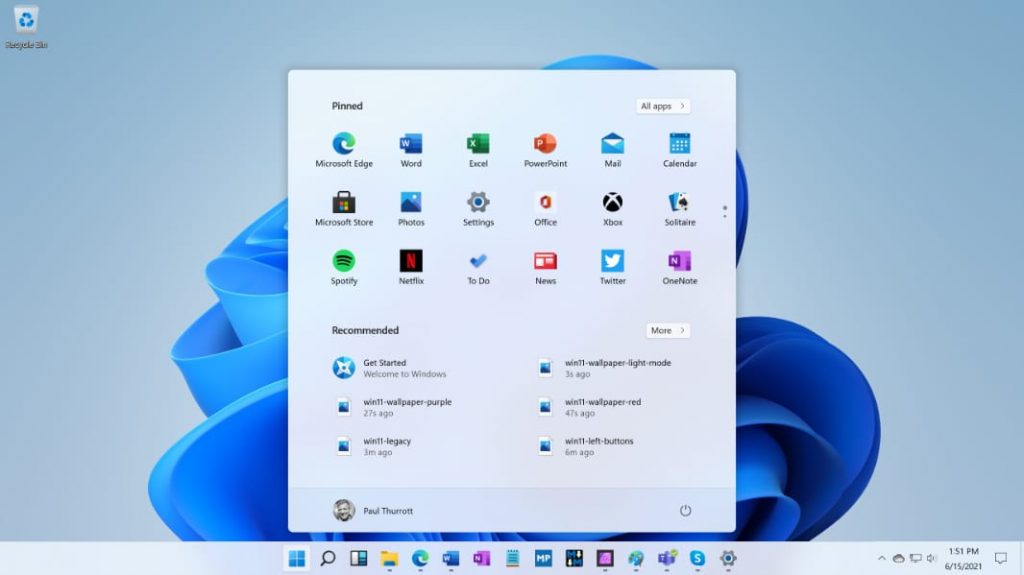Microsoft has elimated any hopes of relaxing hardware requirements for Windows 11, reaffirming its commitment to TPM 2.0 as a “non-negotiable” standard for the operating system.
In a blog post, Microsoft stated that it will not be lowering the hardware bar for Windows 11, even as the end-of-life date for Windows 10 (October 2025) looms closer. This means that users with older PCs lacking TPM 2.0 will need to upgrade their hardware if they want to make the jump to Windows 11.

The TPM 2.0 requirement, which mandates a dedicated security chip or firmware functionality, was a controversial aspect of Windows 11's initial announcement in 2021. While most modern PCs support TPM 2.0, it effectively excluded a significant portion of older machines from officially running the new OS.
Microsoft justifies the TPM 2.0 requirement by highlighting its role in enhancing security features like Credential Guard, Windows Hello for Business, BitLocker encryption, and Secure Boot. These features contribute to a more secure and robust operating system, protecting users from malware and other threats.
Despite the stringent requirements, various workarounds have surfaced over the years, allowing users to install Windows 11 on unsupported hardware. However, Microsoft has been gradually tightening the screws, making it increasingly difficult to bypass the compatibility checks, especially with the recent 24H2 update.
Discuss on our Facebook page, HERE.
KitGuru says: While the company remains steadfast in its commitment to TPM 2.0, it remains to be seen how many users will ultimately be left behind when Windows 10 support ends next year.
 KitGuru KitGuru.net – Tech News | Hardware News | Hardware Reviews | IOS | Mobile | Gaming | Graphics Cards
KitGuru KitGuru.net – Tech News | Hardware News | Hardware Reviews | IOS | Mobile | Gaming | Graphics Cards


